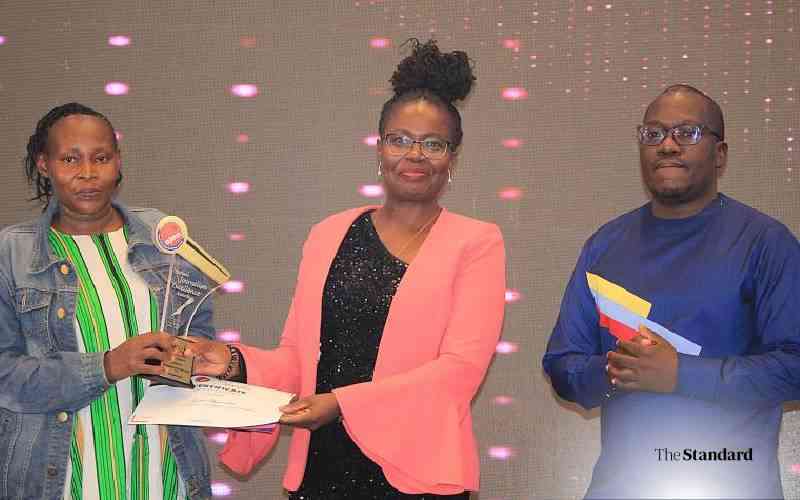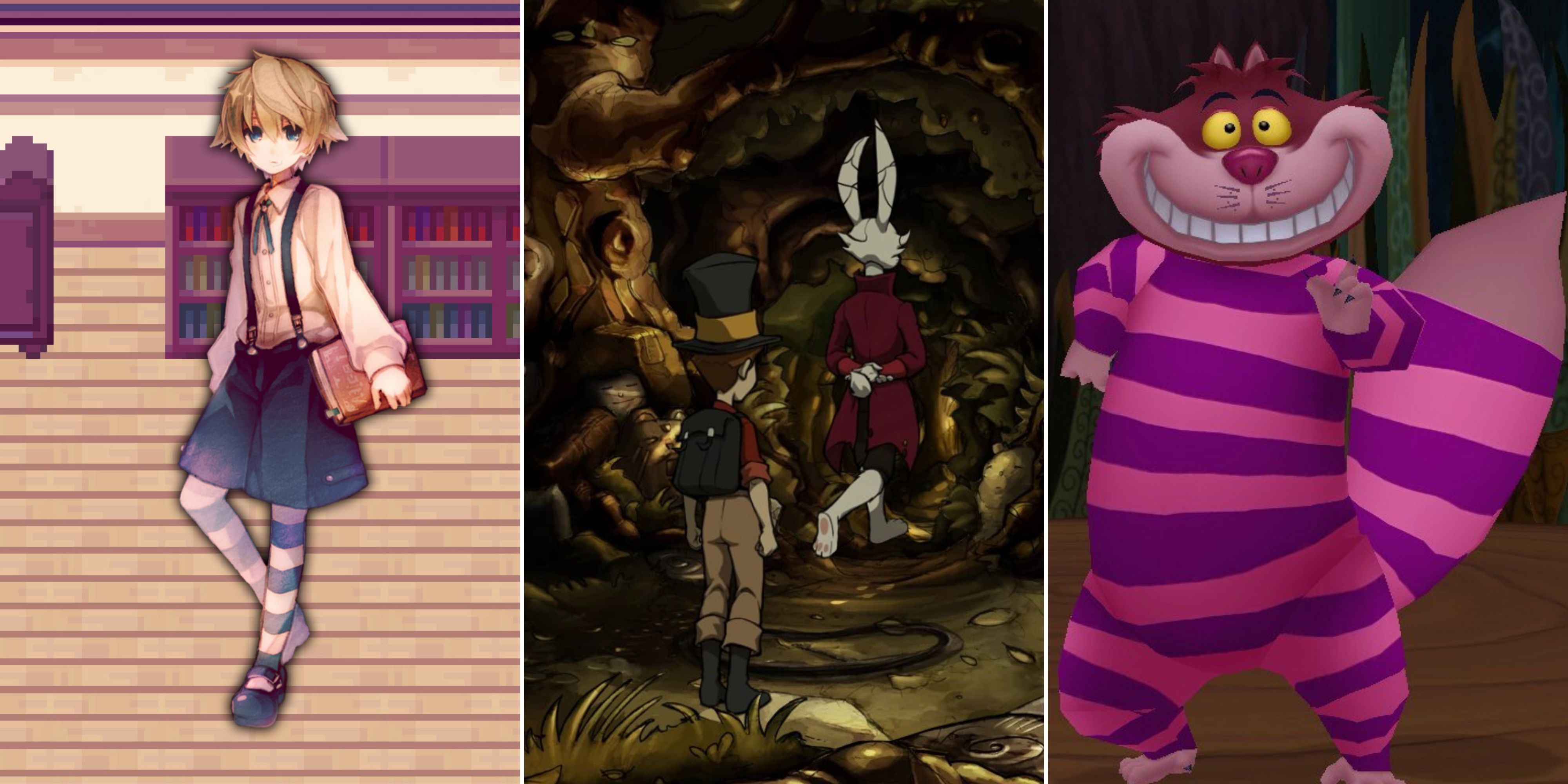Standard Group journalist scoops videographer of the year award

When Joyclene Njoki Gathambu stepped onto the stage to receive her AJEA Videographer of the Year award, it wasn’t just a career milestone—it was a moment of profound personal triumph. Just hours earlier, she had been discharged from the hospital after delivering her third child.
Njoki, a videographer with Standard Group, has always known her path. “Today, I’m a proud winner of the AJEA Videographer of the Year. I give thanks to God first for enabling me to get this award. It’s something I have dreamed about since college.”
Her journey into photography and videography began in high school, sparked by a small camera her father bought her. “I used to take people’s photos and earn a few coins out of that. That’s when I discovered my love for capturing moments,” she said. “That passion has never left me.”
Breaking into the field, however, was no easy feat. Videography remains a male-dominated profession in Kenya, and Njoki recalls being one of only two women in her training class. “When you go out into the field, you often find only men lined up with cameras. They look down on you like you don’t belong there,” she said.
“But I’ve learned that you just have to believe in yourself. It doesn’t matter who dominates the field.”
That belief in herself is what propelled her to work tirelessly throughout her recent pregnancy, even during the production of the gripping investigative story that would ultimately win her the award: The Man-Eaters of Juja.
The story, which followed a string of hyena attacks in Juja, Kiambu County, made national headlines last year. It was a dangerous assignment, but one Njoki embraced with her trademark dedication.
“When my boss assigned me the story, I was worried. These were real hyena attacks. Every morning we would hear someone had been mauled,” she recalled. “I was scared, thinking, what if we become the next victims?”
Still, she pressed on, teaming up with her colleague Vera Moraa. “We worked into the night—past midnight—filming and gathering footage,” she said. “We even saw a hyena run off, and one was captured by the Kenya Wildlife Service officers. It was thrilling and terrifying, but so fulfilling.”
What many didn’t know at the time was that Njoki was one and a half months pregnant during the production of The Man-Eaters of Juja. Her commitment to the craft, even while navigating the physical and emotional challenges of early pregnancy, exemplifies the grit and passion that earned her the award.
“When it was time to submit my work for AJEA, I thought, ‘Why not this story?’ I was proud of it. Every time I sit and watch the footage, I feel proud of myself. I enjoyed working on it, and I knew it showcased my best,” she said.
Receiving the award the same day after giving birth has made the victory even sweeter. “It’s a double blessing,” she said. “This baby came just as I received one of the highest honors of my career. I couldn’t be more grateful.”
To those hoping to follow in her footsteps, she says, “Don’t let anyone tell you that you can’t. It doesn’t matter if you’re the only woman in the room. Hold your camera high, do your best, and believe in your gift.”
The (AJEA) awards, which seek to recognize the courage and commitment of journalists in the country, launched on January 21, 2025, giving room for accredited journalists in the country to submit applications.
Stay informed. Subscribe to our newsletter
The awards also recognized journalists’ efforts in the collection, investigation, and processing of data information in a professional manner for the benefit of media audiences.
It also offers an opportunity to showcase the outstanding contributions of journalists from across the country to the Kenyan society and audiences at large.










